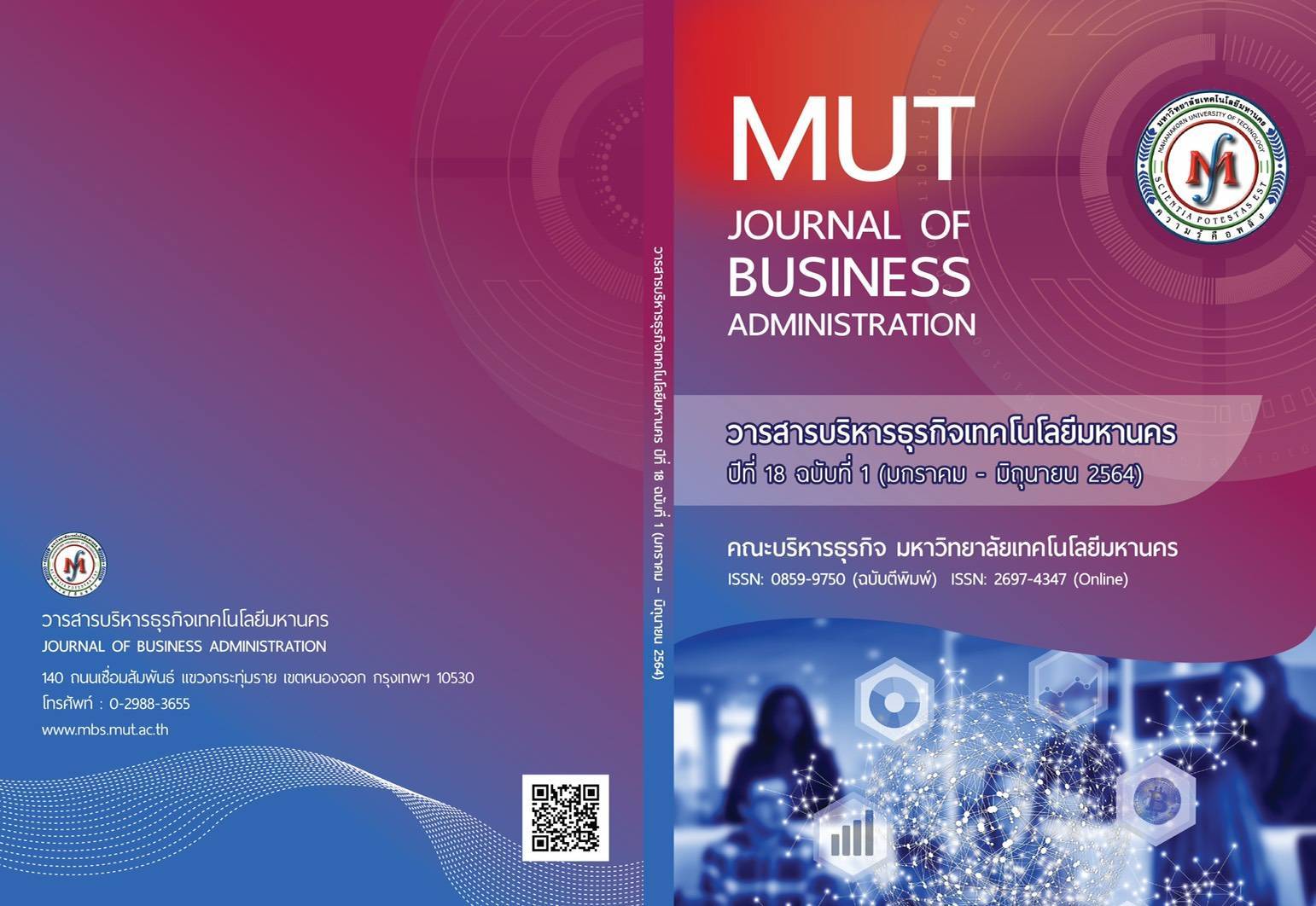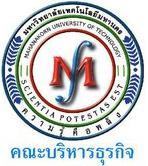A Causal Relationship Model of “Service AIRSERVE Strategies” Toward to the Repeat Service of Garuda Indonesia Airline’s Passengers
Keywords:
Service AIRSERVE Strategies, Repeat ServiceAbstract
This research aimed to 1) study Service AIRSERVE strategies level of Garuda Indonesia Airlines, 2) investigate Repeat Service levels of Garuda Indonesia Airlines, and 3) explore the impact of Service AIRSERVE strategies on repeat service of Garuda Indonesia Airline’s Passengers. The research instrument was the questionnaires which were distributed to the 250 samples in 3 languages: Thai, English and Indonesian. The data analysis was processed by SPSS version 17.0 and WarpPLS version 3.0. The statistics used were frequency distribution, percentage, arithmetic mean, standard deviation, Skewness, Kurtosis and Partial Least Squares Path Modeling: PLS Path Modeling.
The results found that the samples of Garuda Airlines, Indonesia considered that the overall Service AIRSERVE strategy of Garuda Airline, Indonesia was rated at the highest level. When considering each factor, the service quality was at the highest level. The later dimensions were word-of-mouth/acquaintance suggestion, information receiving, and subscription, respectively. The Service AIRSERVE Strategic model affecting the repeat service of the Garuda Indonesia Airline’s passengers which has been developed was convergent validity with empirical data, good predictability, and acceptability at 60.2%. At the causal relationship model at statistical significance level of 0.05, it found that the Service AIRSERVE strategy had a direct relationship with repeat service of Garuda Indonesia Airline. The interaction of genders, nationalities, and Service AIRSERVE strategy collaboratively affected repeat service of Garuda Indonesia Airline’s passengers, when the moderator variable affected indirect impact at the weight of 0.124* and the nationality variable had an indirect effect at a weight of 0.130. Full service airlines can adopt the developed model for service development and improvement for passengers’ repeat service in the future.
Downloads
Published
Issue
Section
License
ข้อความ ข้อคิดเห็น ข้อมูล เนื้อหา รูปภาพ แผนภูมิ แผนผัง เป็นต้น ที่ปรากฏและแสดงในบทความต่างๆ ในวารสารบริหารธุรกิจเทคโนโลยีมหานคร ถือเป็นความรับผิดชอบโดยตรงของผู้เขียนบทความนั้นๆ มิใช่เป็นความรับผิดชอบใดๆ ของวารสารบริหารธุรกิจเทคโนโลยีมหานคร และมหาวิทยาลัยเทคโนโลยีมหานคร
บทความที่ตีพิมพ์ในวารสารบริหารธุรกิจเทคโนโลยีมหานคร ถือเป็นลิขสิทธิ์เฉพาะของคณะบริหารธุรกิจ มหาวิทยาลัยเทคโนโลยีมหานคร หากบุคคลหรือหน่วยงานใดต้องการนำทั้งหมดหรือส่วนใดส่วนหนึ่งไปเผยแพร่ต่อหรือเพื่อกระทำการใดๆ จะต้องได้รับการอนุญาตเป็นลายลักษณ์อักษรจากคณะบริหารธุรกิจ มหาวิทยาลัยเทคโนโลยีมหานครก่อนเท่านั้น


